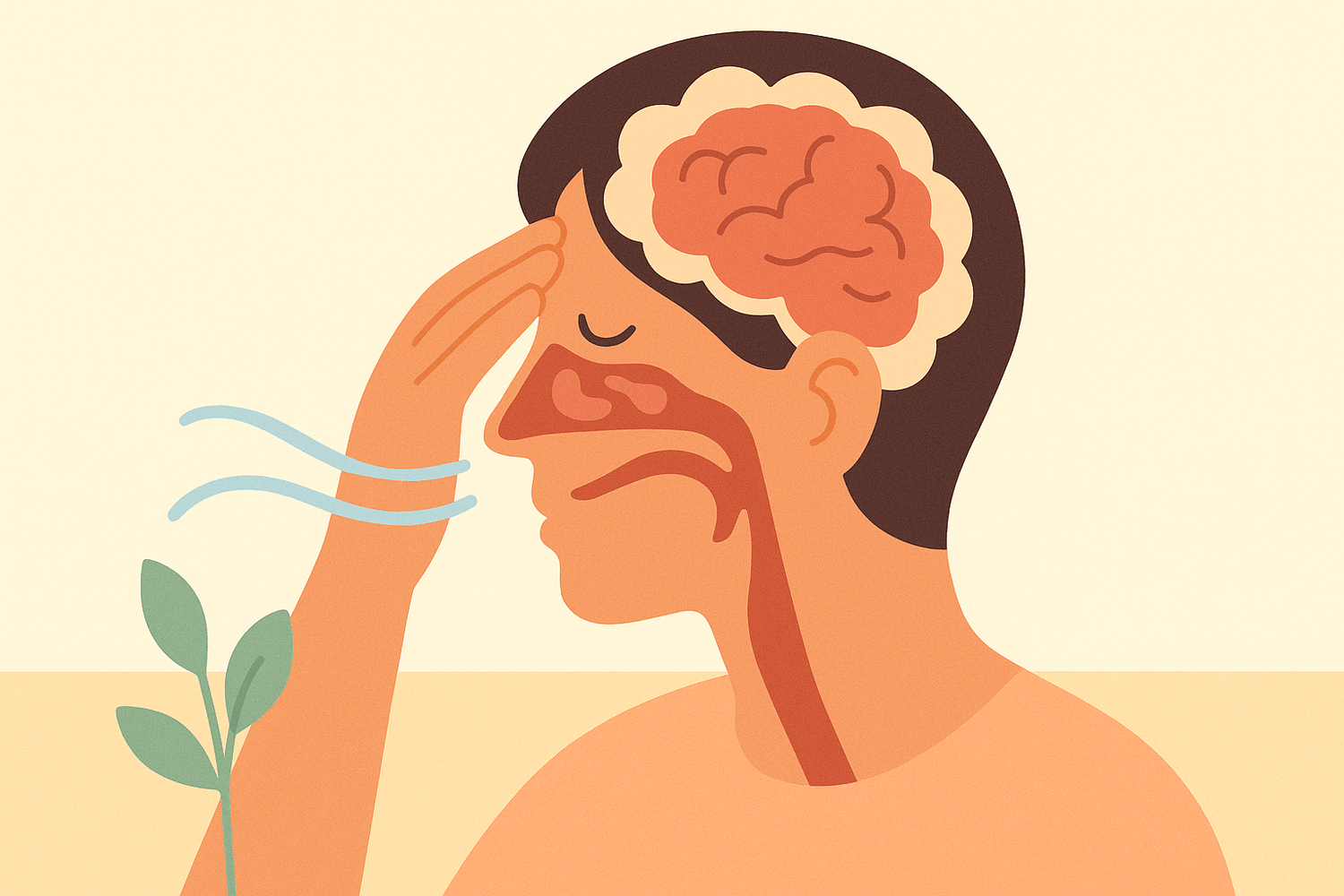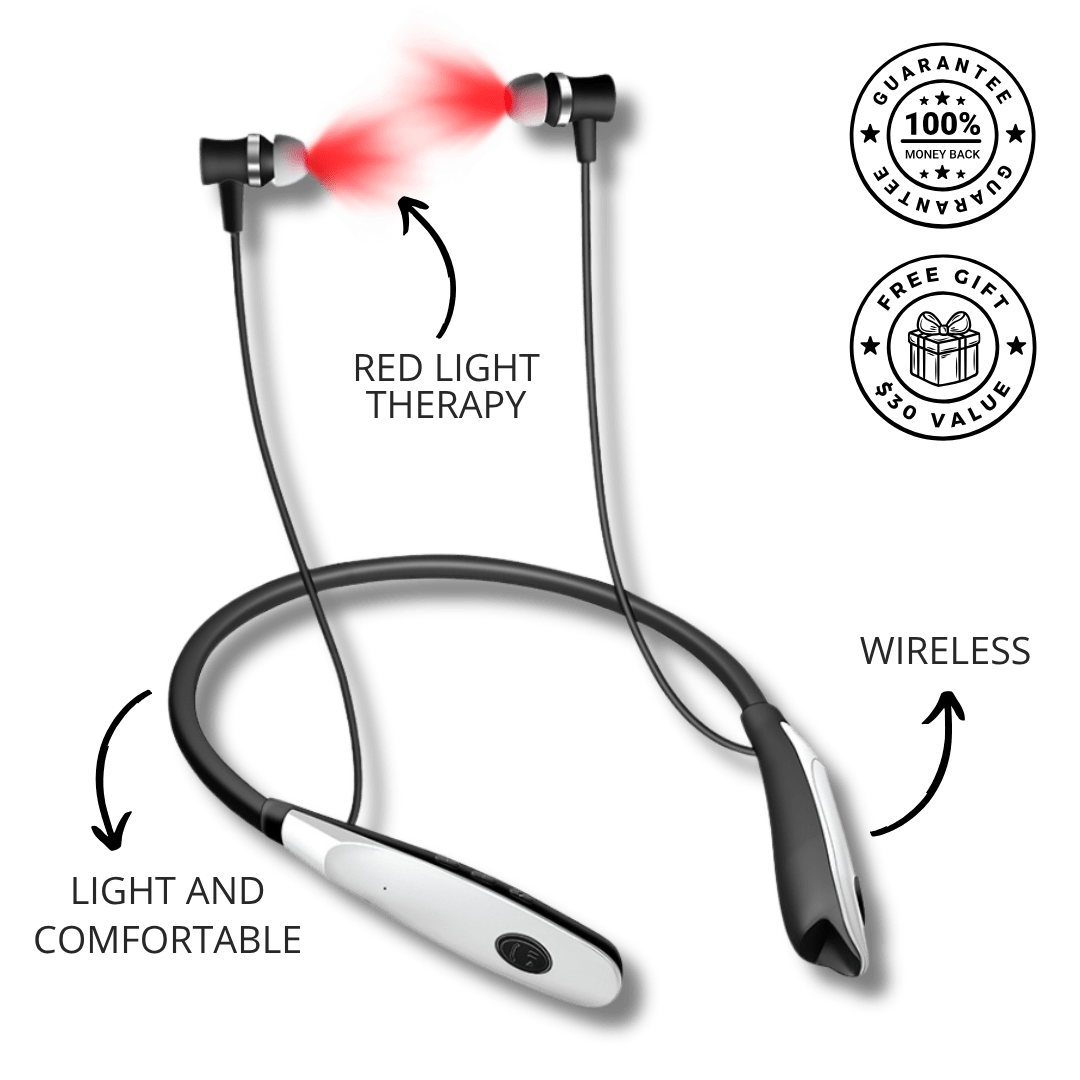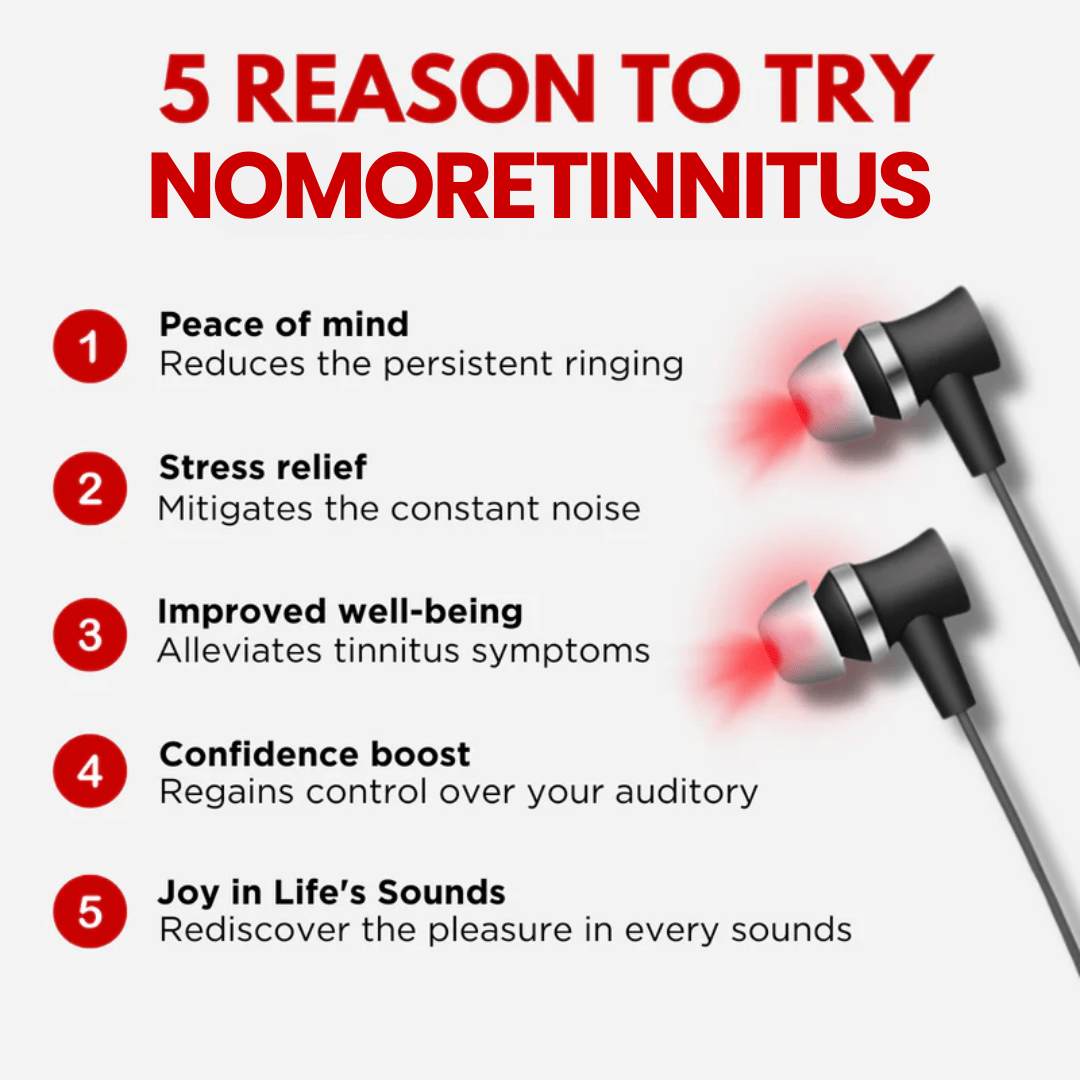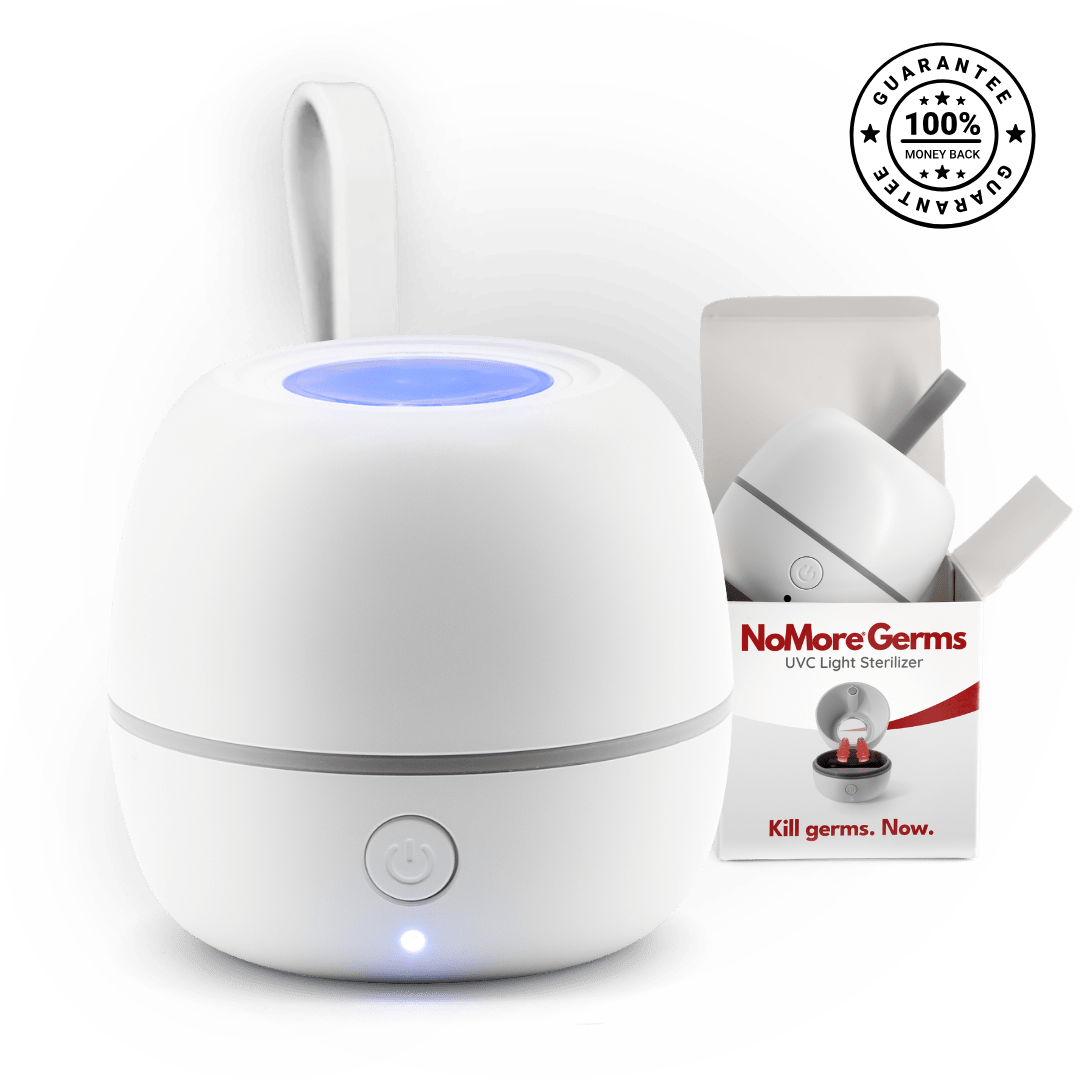Do you struggle with foggy thinking, poor memory, or trouble concentrating? You might blame stress or age. But the real culprit could be hiding in your nose. Chronic sinus issues create a cascade of problems that directly impact your brain function, causing the mental cloudiness you experience daily.
What You'll Learn
- How blocked sinuses starve your brain of oxygen and create mental fog
- Why sinus congestion ruins your sleep and destroys your focus the next day
- The surprising way sinus inflammation crosses into your brain and affects thinking
- Simple steps to clear your sinuses and restore sharp mental clarity
- A quick questionnaire to check if your sinuses are causing your brain fog
How Sinus Congestion Starves Your Brain
When your nose is blocked, you switch to mouth breathing. This seems harmless, but it creates a serious problem. Nasal breathing filters, warms, and humidifies air. It also helps your body absorb oxygen more efficiently.
Mouth breathing delivers less oxygen to your bloodstream. Your brain uses 20% of your body's oxygen supply. When oxygen levels drop even slightly, your brain struggles. You feel foggy, tired, and unable to think clearly.
This oxygen shortage happens gradually. You might not notice it at first. But over weeks or months, the effects build up. Your mental sharpness slowly fades.
Sleep Disruption Destroys Your Mental Performance
Sinus congestion makes quality sleep nearly impossible. You toss and turn, trying to breathe through your nose. You wake up multiple times per night. Even when you sleep, it's shallow and restless.
Poor sleep devastates your cognitive function. Your brain needs deep sleep to clear toxins and form memories. Without it, you wake up feeling mentally sluggish. Your attention span shrinks. Simple tasks feel overwhelming.
The cycle continues night after night. Chronic sleep disruption from sinus issues creates persistent brain fog that affects every aspect of your day.
Inflammation Crosses Into Your Brain
Chronic sinus inflammation produces harmful substances called inflammatory cytokines. These molecules don't stay in your sinuses. They enter your bloodstream and cross the blood-brain barrier.
Once in your brain, these cytokines interfere with neurotransmitters. They disrupt the chemical signals that control mood, memory, and focus. This creates a direct link between sinus inflammation and mental cloudiness.
Research shows that people with chronic sinusitis have measurably reduced cognitive performance. They struggle with attention, memory, and processing speed compared to healthy individuals.
Brain Fog Sinus Check
Answer these questions to see if your sinuses might be causing your brain fog:
- Do you often breathe through your mouth during the day?
- Do you wake up with a stuffy nose or dry mouth?
- Is your thinking clearest when your nose is clear?
- Do you feel more tired when your sinuses are congested?
- Have you noticed brain fog getting worse during allergy seasons?
If you answered yes to three or more questions, your sinuses likely contribute to your mental fog.
Clearing Your Nose Clears Your Mind
The good news is that treating sinus issues often eliminates brain fog completely. When you restore proper nasal breathing, your brain gets the oxygen it needs. Better sleep follows naturally. Inflammation decreases.
One patient blamed her memory problems on aging. She was only 45 but felt mentally sluggish for months. After treating her chronic sinusitis with red light therapy, she said she felt "10 years younger mentally." Her focus returned. Her energy soared.
Red light therapy reduces inflammation in sinus tissues. It improves circulation and helps your body heal naturally. The NoMore Colds device delivers targeted red light therapy specifically designed for sinus relief.
Your Action Plan for Mental Clarity
Start tracking your cognitive function alongside your sinus symptoms. Notice when your thinking feels sharp versus foggy. Look for patterns with nasal congestion.
Focus on reducing sinus inflammation through natural methods. Red light therapy offers a drug-free approach that addresses the root cause. Treat nighttime congestion to improve sleep quality. Practice nasal breathing during the day.
Most people notice clearer thinking within days of improving their sinus health. Your brain fog isn't permanent. It's often just a sign that your sinuses need attention.
Ready to reclaim your mental clarity? Discover how NoMore Colds can help you breathe freely and think clearly again.












Leave a comment
This site is protected by hCaptcha and the hCaptcha Privacy Policy and Terms of Service apply.